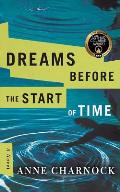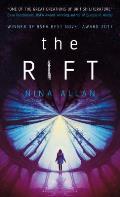Prison of Sleep, by Tim Pratt (Angry Robot)
I’m an unabashed fan of Tim Pratt’s work, and Doors of
Sleep, the first volume of the “Zax Delatree duology,” captured me
immediately. The premise is an engraved invitation to heart-breaking adventure:
whenever sweet, compassionate mediator Zax Delatree falls asleep, he wakes up
in a different reality. Not another planet or even another galaxy, a completely
different dimension. He can take with him only what he carries and can stay
only as long as he remains awake. Fortunately, the worlds he travels to are habitable
(no gas giant atmospheres or torrents of liquid diamonds), so he can breathe
the air and digest whatever food he can find. At first, he could not even
understand the language of his destination culture and had no way of obtaining the
necessities of life (food, clothing, shelter) except by theft. Worst of all was
the soul-crushing loneliness of leaving behind every friend he makes. In Doors
of Sleep, he encounters a psychotic scientist who infects him with a
translation virus, meets and falls in love with artist, Ana, and found a few
companions (including a sentient crystal disguised as a ring) capable of
traveling with him.
Now comes the second part of the story: the revelation of
What It’s All About: the secret behind dimension-hopping and the dastardly plot
behind it. Along the way, he reunites with Ana (and gets separated again,
several times) and friends, new and old. Having more lasting relationships
helps Zax survive emotionally as well as physically and fuels his determination
to leave each world better than he found it.
As always, Pratt’s narrative is endlessly inventive with
great characters, smooth prose, and nifty plot twists. Best of all is the sense
of humanity and compassion flowing through these two linked books.


